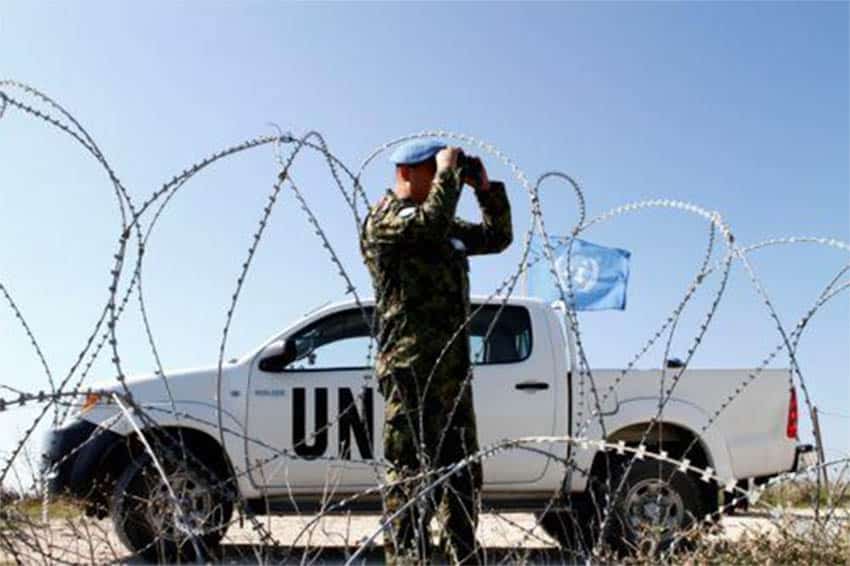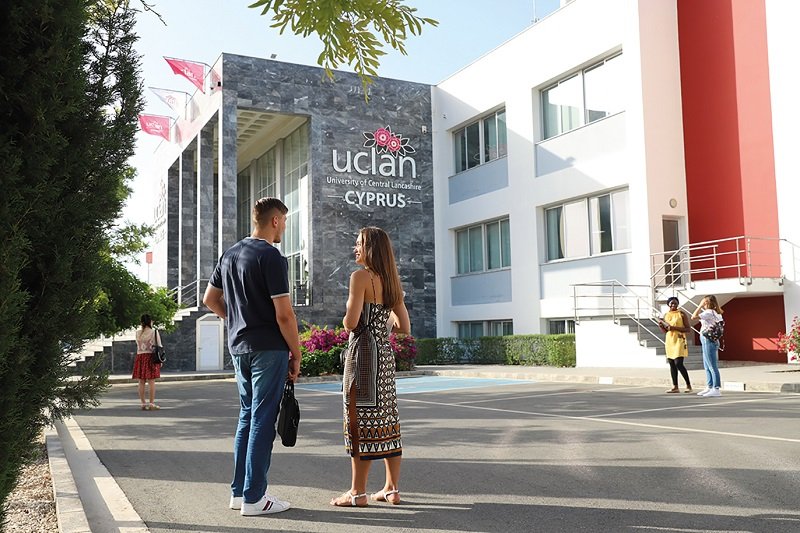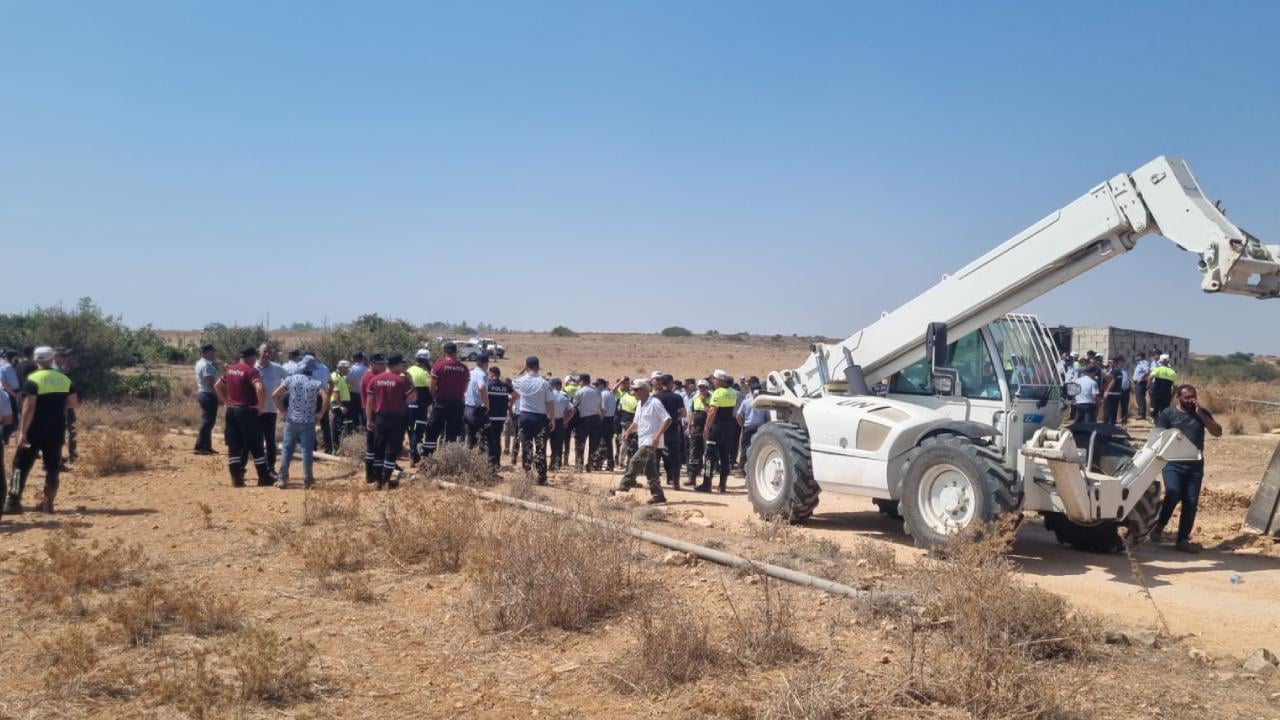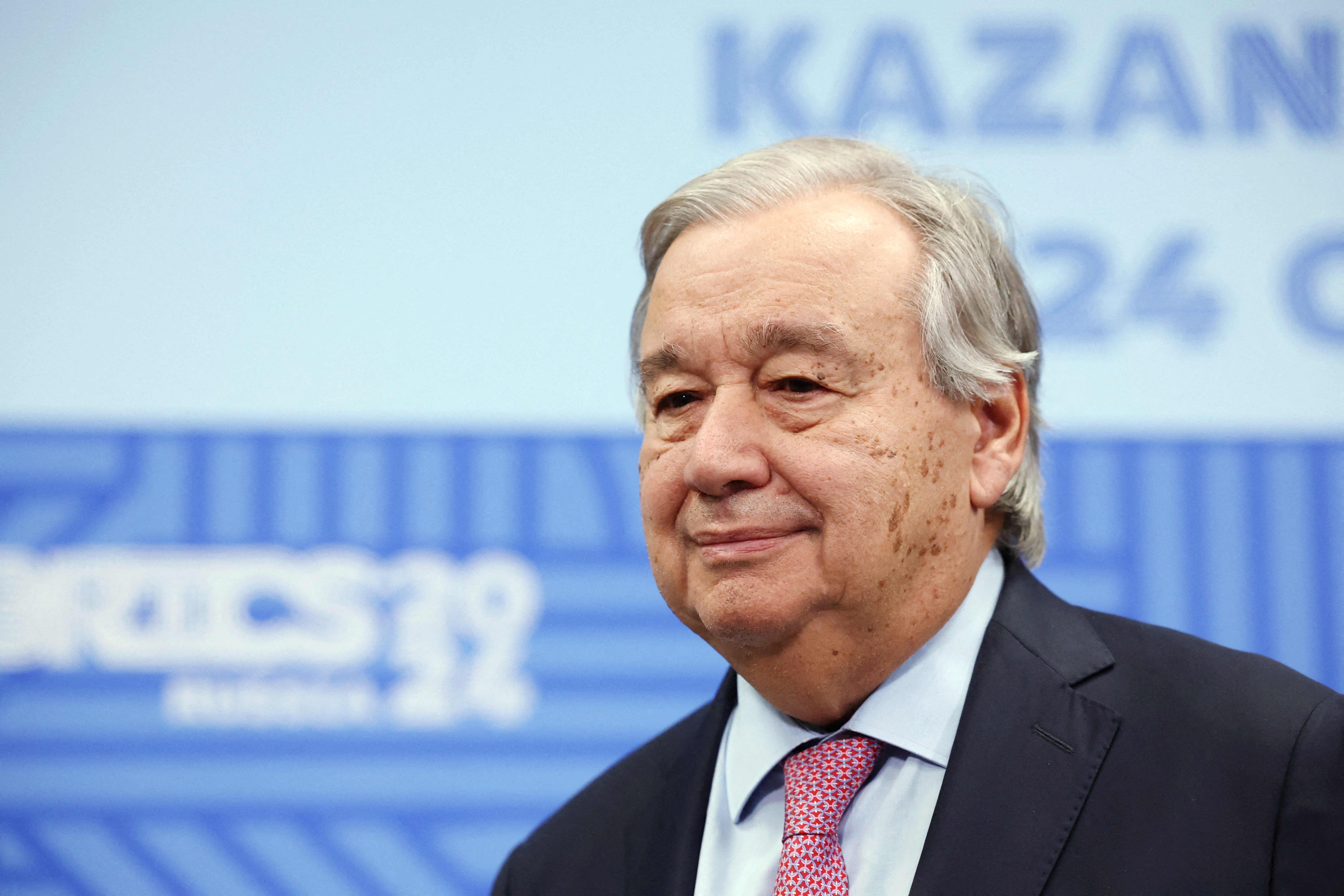There have been “no major security crises” in Cyprus in the last six months, United Nations Secretary-General Antonio Guterres wrote in his latest six-monthly report on the state of the UN’s peacekeeping force in Cyprus (Unficyp).
According to an advance copy of the report seen by the Cyprus Mail on Monday while outgoing Unficyp chief Colin Stewart briefed the UN security council, Guterres wrote that the trend of fewer issues between the island’s two sides “has been observed over the years in which periods of greater dialogue and activity in the peace process also see a parallel restraint from unilateral actions that threaten the security situation”.
The report stressed that “no significant crisis was observed in and along the buffer zone” over the last six months, though “military violations on both sides” were recorded “with concerning frequency”.
Even so, he wrote, this frequency was “somewhat lower than the previous period”, though he did stress that “the worrying long-term trends of the eroding integrity of the buffer zone and continued indifference towards the UN’s mandated authority persisted on both sides”.
There was also positive news over the matter of buffer zone violations, too, with Guterres writing that “a decrease in the occurrence of moves forward and overmanning violations” had been recorded in the first half of the year.
He wrote that in part, “this was due to the increased senior-level military engagement between Unficyp and the sides” which “specifically targeted such violations”.
In addition, he wrote that the number of incursions into the buffer zone by law enforcement on both sides “returned to previous levels”.
“The spike in Greek Cypriot law enforcement incursions associated with the pushback of asylum seekers into the buffer zone in the last reporting period has not recurred, and no asylum seekers were reported being pushed back into the buffer zone” over the last six months, he wrote.

The report was not entirely filled with encouraging news, however, with the buffer zone village of Pyla featuring heavily.
On the matter of buffer zone incursions by law enforcement, Guterres wrote that “Turkish Cypriot police persisted in their daily incursions into the buffer zone on the Pyla plateau”.
He also warned that the number of illegal casinos in Pyla “grew”, with there now being 11 illegal casinos and one illegal nightclub in the village.
“These establishments continue to operate with seeming impunity and their presence has seen a concomitant rise in criminality and deterioration in public safety in the village and surroundings. The trust of the community in both law enforcement authorities appears to have diminished due to their inaction,” he wrote.
He added that Unficyp has “continued to encourage the sides to cooperate with [the UN] to address the illegal establishments and maintained its community-oriented policing foot patrols throughout the village to increase its engagement with the local population”.

Additionally, he drew attention to the University of Central Lancashire’s campus, which is situated adjacent to the village, writing that it “continued to operate in the buffer zone without authorisation from Unficyp”.
“No progress was registered in resolving the matter of the large unauthorised construction project associated with the university,” he added.
He also wrote that the Turkish Cypriot side has constructed a new building in the buffer zone near Pyla, and that “despite Unficyp’s continued engagement, there has been no breakthrough yet in finding a way to implement the understanding on arrangements for the Pyla plateau”.
That mutual understanding, reached in the summer of 2023, foresaw that a road be built from Pyla to the nearby village of Arsos, which is located in the north, with a Turkish Cypriot checkpoint to be stationed north of the buffer zone and another checkpoint located within the buffer zone.
In addition, 400 plots of land north of Pyla were set to be turned into residential properties, while a large solar farm was set to be built in a vacant area northwest of the village.
However, just weeks later, the UN requested that works be put on hold after reports surfaced in the Turkish Cypriot media that Greek Cypriot construction workers had “encroached on TRNC territory”, while Turkish Cypriot Pergamos mayor Bulent Bebek said soldiers and police had been mobilised in the area to prevent anyone from entering.

Outside of Pyla, Guterres wrote that “a particular source of tensions in the buffer zone” over the last six months has “come from a small number of Greek Cypriot civilians who persisted in unauthorised activities, flouting Unficyp’s mandate to preserve the integrity of the buffer zone”.
“These activities were often exacerbated by incidents of misinformation and disinformation regarding the role of Unficyp,” he wrote.
He also wrote that one particular Greek Cypriot civilian had made “persistent attempts to occupy their property in a sensitive area of the buffer zone in Nicosia”, and that these attempts had “threatened to disrupt the stability in an area previously prone to tensions”.
“Disinformation about the role of Unficyp and the buffer zone was actively promoted by the individual on social media, who also encouraged others to disregard the UN’s authority. Unficyp personnel engaged with the individual to cease his unauthorised activities and were at times met with threats of violence,” he wrote.
He added that the Republic of Cyprus’ authorities “also engaged” with the individual, and that he has since “subsequently reduced his aggressive activities”.

He also referred to the matter of the barbed wire which had been placed by the Greek Cypriot side along the buffer zone in 2021, causing persistent protests from the UN.
In total, he wrote, “nearly 12 of the 14 kilometres” of the wire “remains in place”.
On the matter of Varosha, he wrote that “no steps were taken to address the call made by the security council in resolution 2771”, passed earlier this year, which had called for the “immediate reversal” of the fenced-off area of Varosha’s opening in 2020.
He added that Unficyp had found that there had been no “significant change” in the area, aside from the installation of 18 new CCTV cameras in the area, bringing the total to 18.






Click here to change your cookie preferences